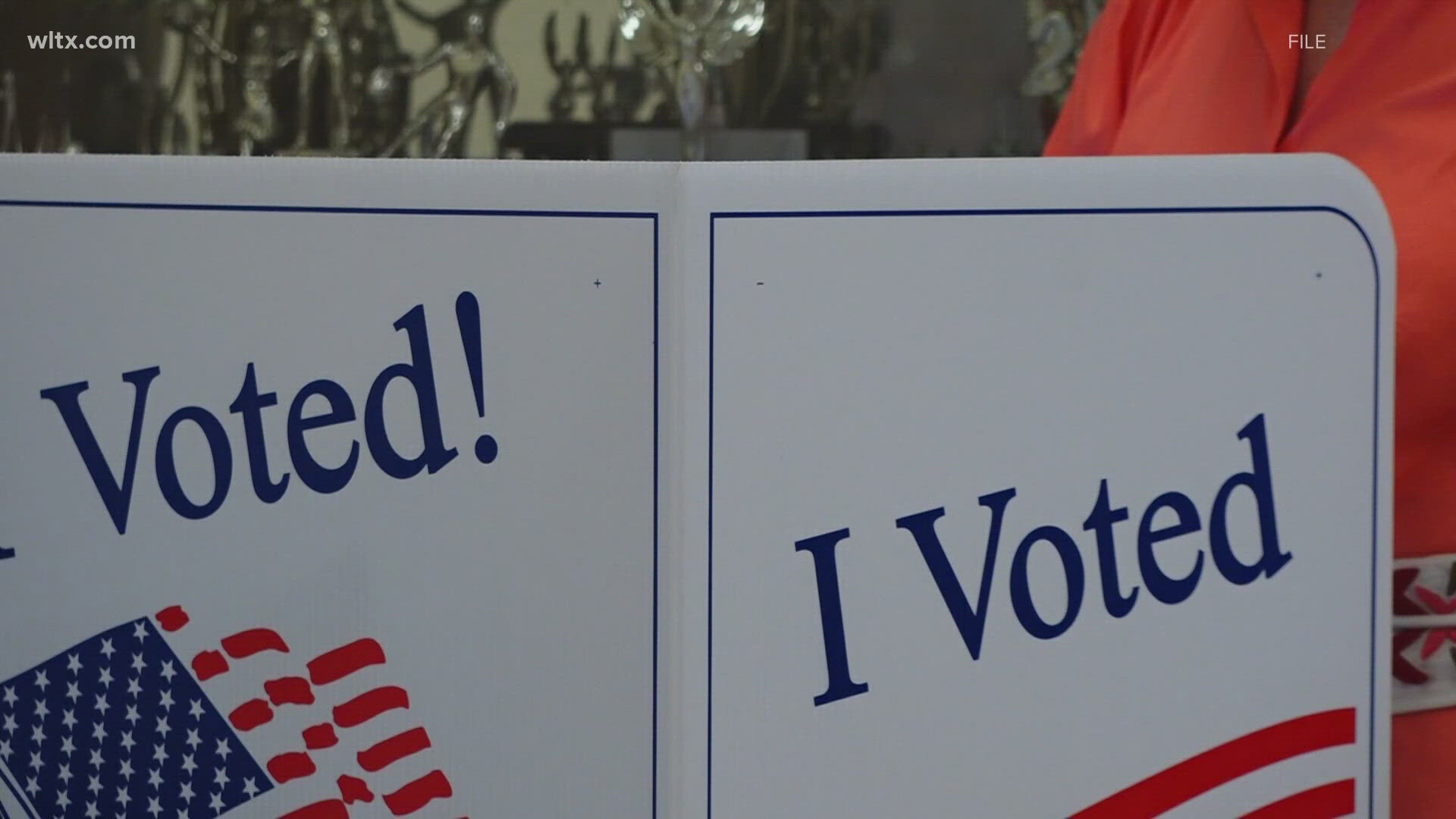COLUMBIA, S.C. — A Columbia-area non-profit recently took the opportunity during Disability Voting Rights Week to bring attention to barriers people with disabilities face, from inaccessible polling places to a lack of voting privacy.
The week, which was from Sept. 9 to 13 this year, is a nonpartisan movement hosted by the American Association of People with Disabilities that highlights advocacy and community empowerment for voters with disabilities.
According to the organization, more than 35 million people with disabilities are eligible to vote when registered.
Able SC, a local disability-led non-profit organization, said that people with disabilities are not always given the privacy to vote. A spokesperson for Able SC said people with disabilities often don't get the option of who they want to assist them with casting their vote and are put in a public area where everyone can see their vote.
However, people with disabilities have the right to accommodations and support during their voting experience, including help filing for an absentee ballot.
"You can apply to have the application sent to you. You can ask for it in accessible formats. If you also need any type of assistance, you can contact Able South Carolina or Disability Rights South Carolina," said Dori Tempio, senior director of community education at Able SC.
Tempio said there are several barriers people with disabilities face when it comes to voting, including:
- Ableism – the idea that people with disabilities are incapable of voting or can't otherwise vote.
- Polling locations not utilizing reasonable accommodations on voting machines.
- Polling locations not having curbside voting or workers not knowing how to make the voting machine more accessible by, for example, lowering it to a table.
- Polling locations not being physically accessible due to issues like no curb cuts, doorways not being wide enough, or machines not being set up with pathways.
- People not using plain language.
- People not understanding that people with disabilities want to vote.
"I love voting. I’ve been voting since I was 18 years old, and even when I’ve had challenges each year to voting, I show up, and that’s important," Tiempo said. "If I’ve shown up, I should have the opportunity to vote, and even if I can’t come there physically to vote, then as an individual, as a citizen, I should be able to vote early voting or absentee using alternative and accessible formats."
Tempio said she's experienced barriers to voting but didn't let them stop her from casting a ballot. Still, she said she wants the public, from voters to people working in the polls, to know the rights of voters with disabilities.
"It’s how we make change. It’s how we make choice, and when we’re able to do all of those things, then we’re truly a part of society and people with disabilities like myself, we all want to be a part of society," she said. "We all want to be included and have those opportunities."

